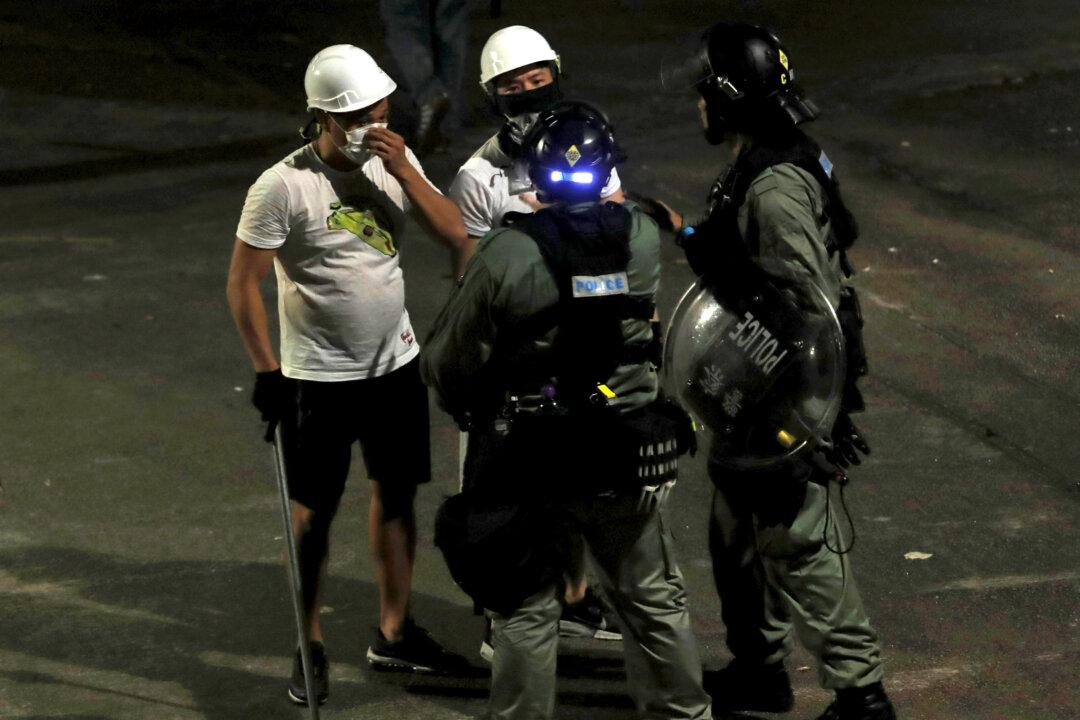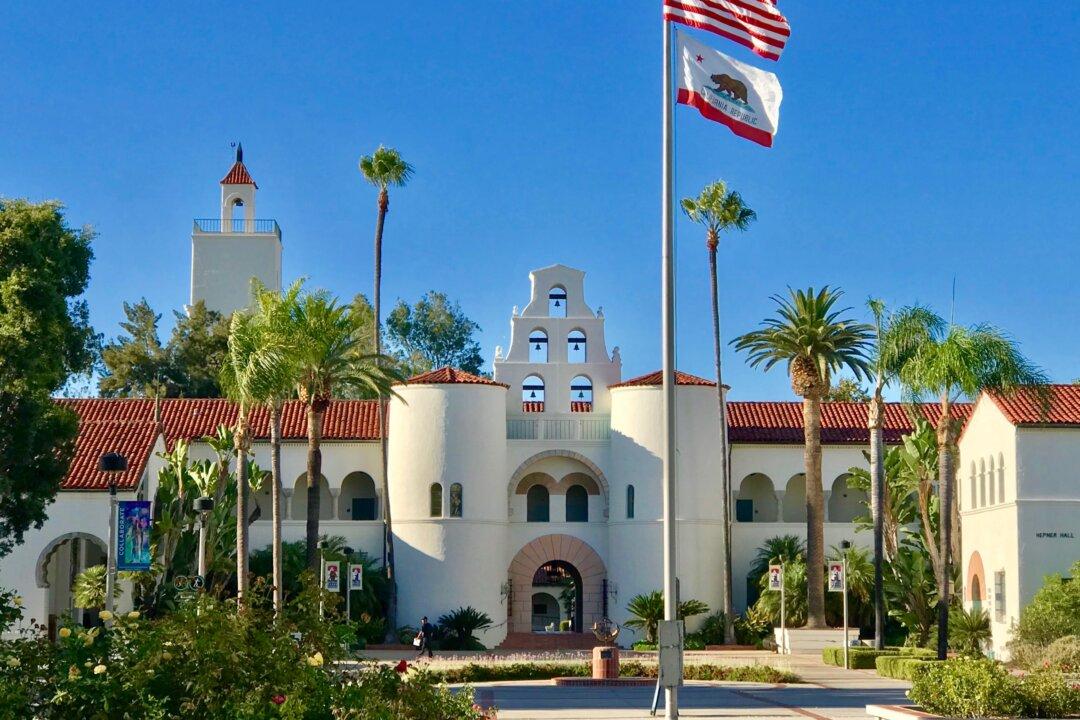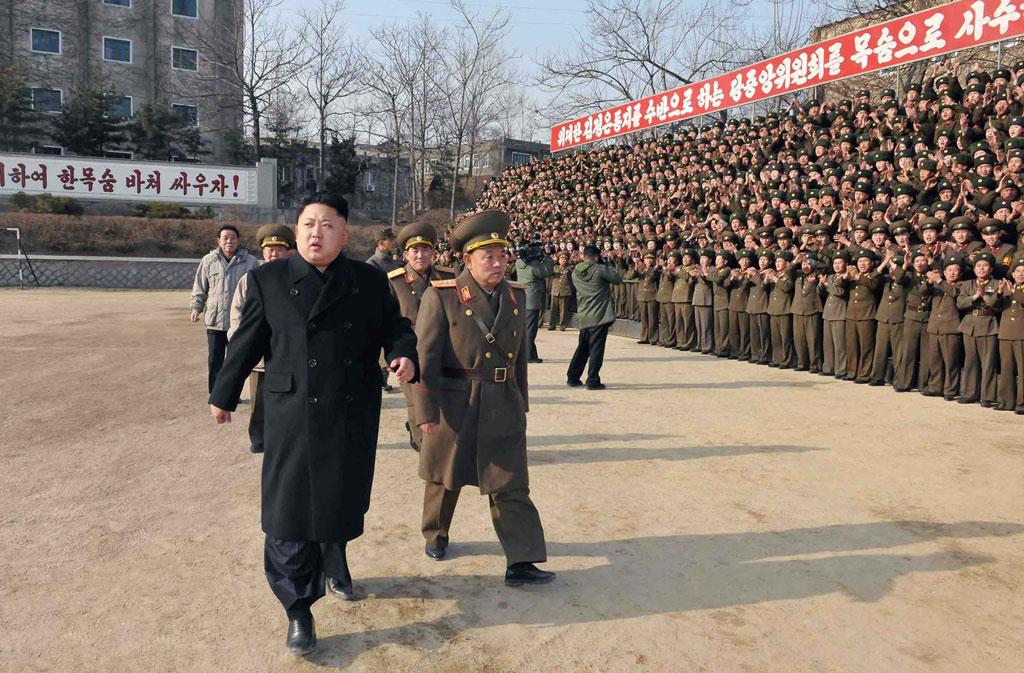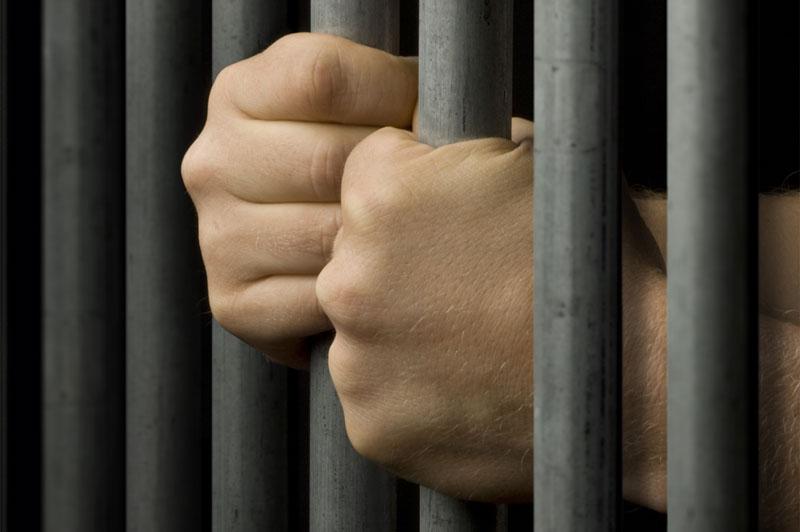On the day after the violent mob attacks at the Yuen Long subway station, Hongkongers waited for their chief executive Carrie Lam to explain why police didn’t respond to calls for help. Lam apparently delayed her press conference by half a day to attend the funeral of a prominent Buddhist abbot with a sinister human rights history and strong communist ties.
At least 45 people were injured, including a local lawmaker, when a group of men wearing white t-shirts and masks, and wielding metal rods and sticks, beat up people who were returning home after a day of protests on the night of July 21. Calls to police were unanswered, and police stayed away for hours.




